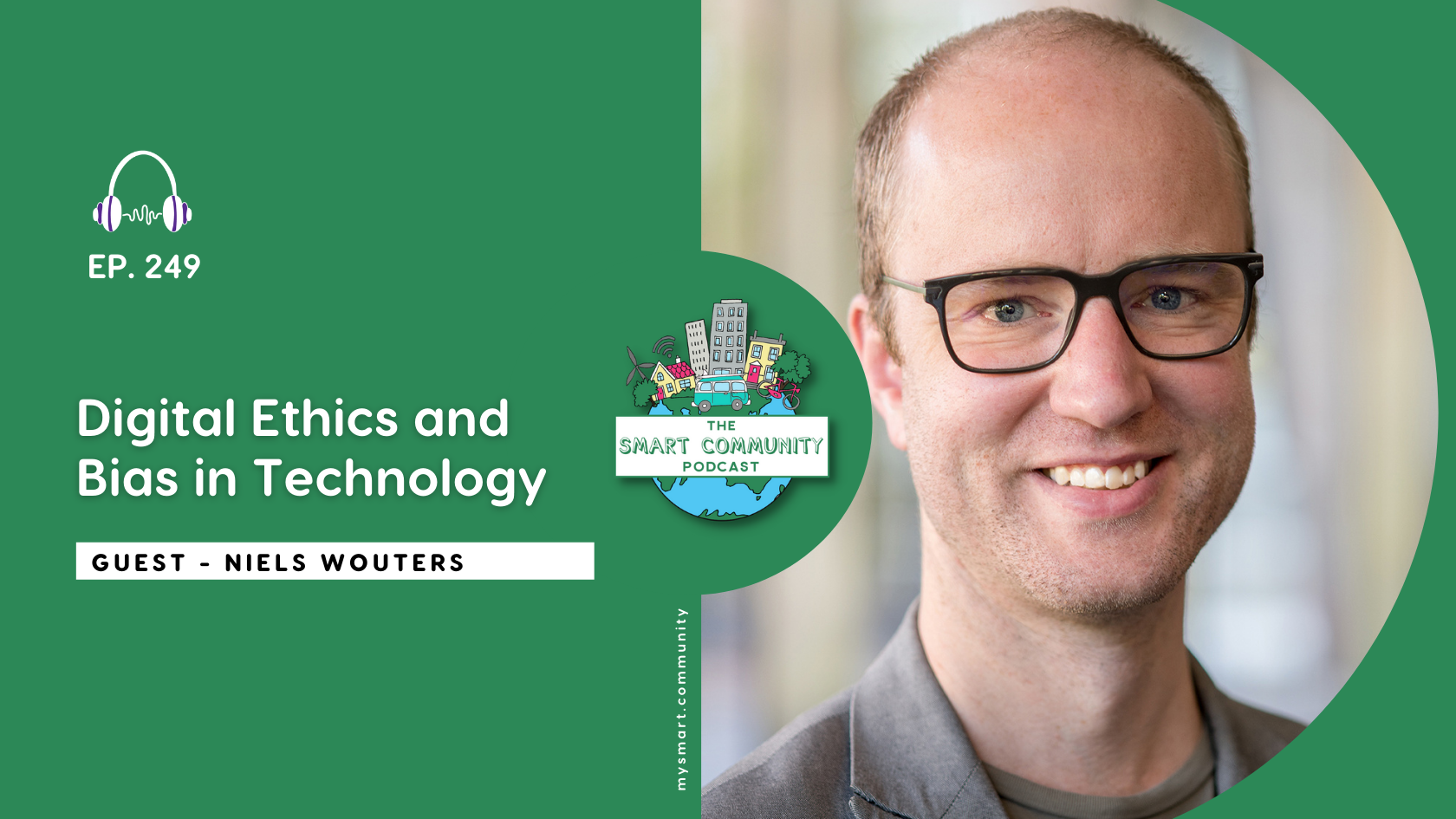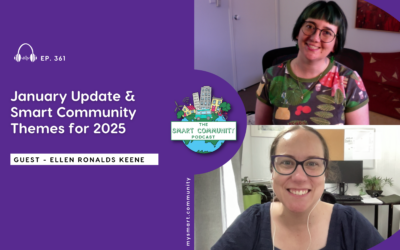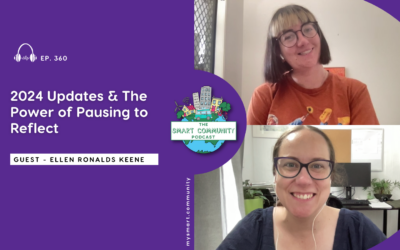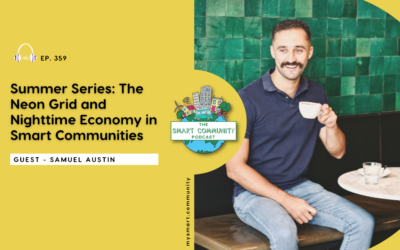Hi #smartcommunity friends! In this episode I have a fascinating talk with Niels Wouters. Niels is a designer and researcher with a particular interest in identifying architectural qualities and engagement opportunities afforded by digital media in public space. Niels is currently Head of Research for Science Gallery Melbourne, and Research Fellow in the School of Computing and Information Systems at the University of Melbourne.
Firstly Niels tells us about his varied background in computer science and architecture, his PHD focused on human computer interaction and his current work in the Smart Cities/Smart Digital ethics space. He tells us how he came to work in the space of ethics, technology and interaction in public spaces, the importance of quick and agile responses to ethical issues before sharing with us what a Smart Community is to him. Niels then tells us all about the Biometric Mirror project he has been working on and what is involved, we discuss the potential risk and biases associated with facial recognition systems, before Niels tells us about the project, Decolonising the Urban Screen, he has been working on.
We finish our conversation discussing the emerging trends of less facial recognition systems being used in some countries and more use in other countries and the self governance of data. As always, we hope you enjoyed listening to this episode as much as we enjoyed making it!
Listen here:
What we cover in this episode:
- Niels’s varied background in computer science, architecture and his PHD which focused on human computer interaction
- His current work in the Smart City/Smart Digital ethics space
- How Niels got into the Smart Communities space, in particular ethics, technology and interaction in public spaces
- The importance of quick responses to ethical issues in public spaces and the community
- What a Smart Community is to Niels
- The Biometric Mirror project Niels has been working on in Melbourne and what is involved in the project
- The potential risks and biases associated with facial recognition systems, an example of this in the recruitment process, and how bias and unintended discrimination can be combated in this space
- A brief description of another project Niels is working on, Decolonising the Urban Screen and what is involved
- The emerging trends of less facial recognition systems in some countries or more facial recognition systems in other parts of the world and the self governance of data
Quotes:
“During my PhD, for instance, one of my last case studies and one that I’m particularly proud and satisfied with is that I worked with political refugees. And I designed and delivered them with tools to tell their stories to their, back in the day, Belgian neighbours.”
“I think a Smart Community is that kind of community that feels empowered enough to be vocal about issues that they are facing today or that they are likely to face tomorrow.”
“I think that is really that definition of the word smart. For a very long time we’ve been led by the idea that smart means tech, and the more tech we have, the better. But in many cases, as you argue, I think I agree that isn’t really smart, because we are introducing biases or we are discriminating against already vulnerable populations.”
“What we want to do with [Biometric Mirror] is to showcase how easy it is to build controversial and flawed artificial intelligence systems and facial recognition systems, but also, we really wanted to take away all of the technicalities, all of the legal conversations that are usually had and all of the complex sociological conversations. We really wanted to deliver something that, as I said before, that your neighbour builder from around the corner or your academic experts can talk about and can form an opinion about.”
“[Biometric Mirror] has given our entire team an opportunity to discuss with media, how technology ethics should be discussed differently, and how technology ethics is more than just facial recognition and artificial intelligence, but it really applies to our use of social media, but also young people’s exposure to these technologies.”
“There is a real case for creatives to be involved in [ethics] discussions as well. I think that’s the point, ethics, I think, is intrinsically creative, as well.”
“I think that’s really the thread that links the work. It’s not necessarily all centred around ethics, or the digital ethics or technology ethics. But it is really around giving voice to people’s stories and altering culture.”
“When you start looking at privacy policies of the main social networks, for instance, it is very clear that by tapping a button that says sign up or register, you do actually sign part of your life and identity away.”
Links:
Niels’s University of Melbourne Profile
Connect:
Find the full show notes at: www.mysmart.community
Connect with Niels via Twitter or LinkedIn
Connect with me via email: hello@mysmart.community
Connect with My Smart Community via LinkedIn or Twitter and watch on YouTube
The Smart Community Podcast is produced by Perk Digital






0 Comments